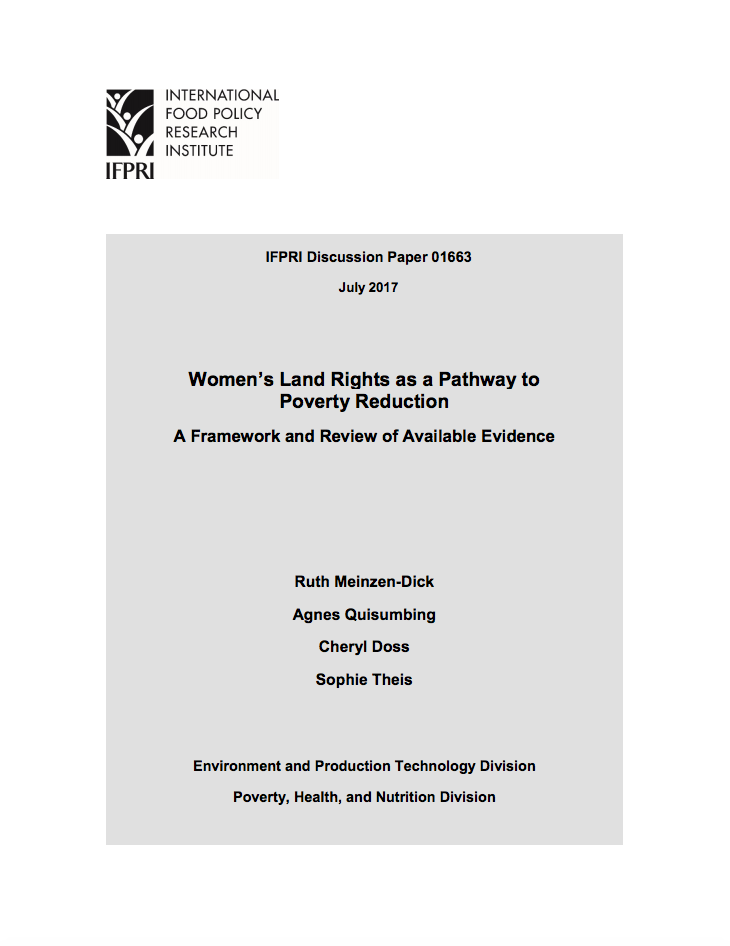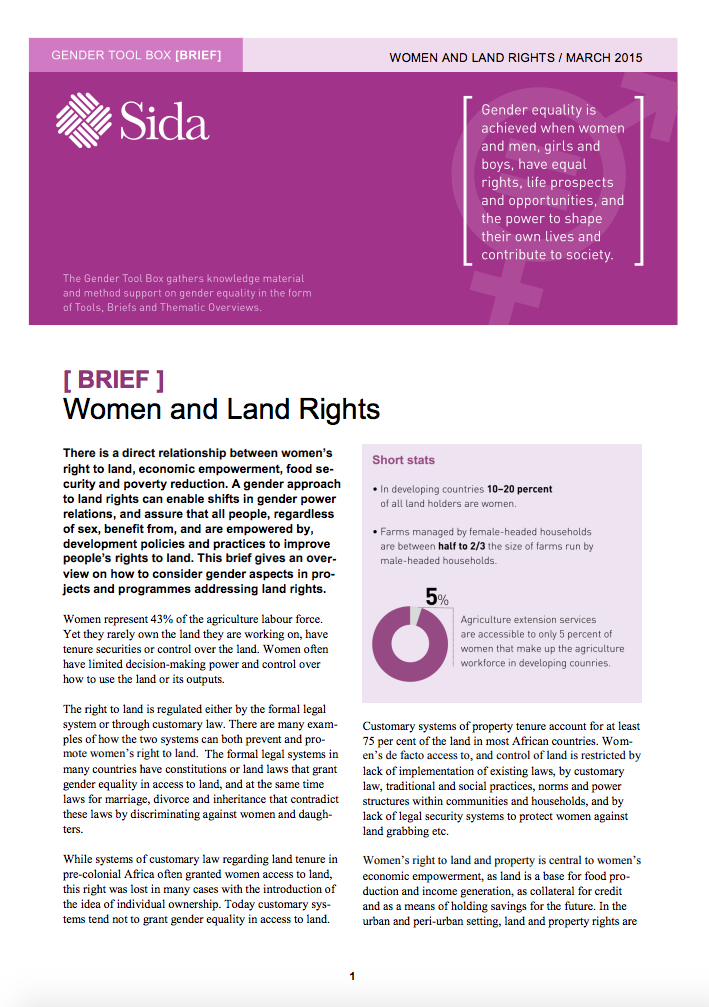Human Rights Against Land Grabbing? A Reflection on Norms, Policies, and Power
Large-scale transnational land acquisition of agricultural land in the global south by rich corporations or countries raises challenging normative questions. In this article, the author critically examines and advocates a human rights approach to these questions. Mutually reinforcing, policies, governance and practice promote equitable and secure land tenure that in turn, strengthens other human rights, such as to employment, livelihood and food.



